The Age of Generative AI
Getting the Information Ecosystem Ready for the AI Revolution
Future Insights, Judge Business School, University of Cambridge
The Atomic Human


O M D P C F B V
H G J Q Z Y X K W

Bauby and Shannon

|
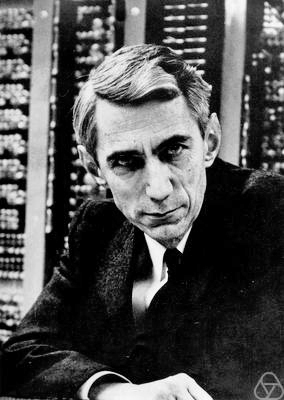
|
Embodiment Factors
| bits/min | billions | 2,000 |
|
billion calculations/s |
~100 | a billion |
| embodiment | 20 minutes | 5 billion years |
1. Societal Norms
Sistine Chapel Ceiling

The Creation of Adam



New Flow of Information
Evolved Relationship
Evolved Relationship
Case Study – Social Media
2016 US Elections
|
|
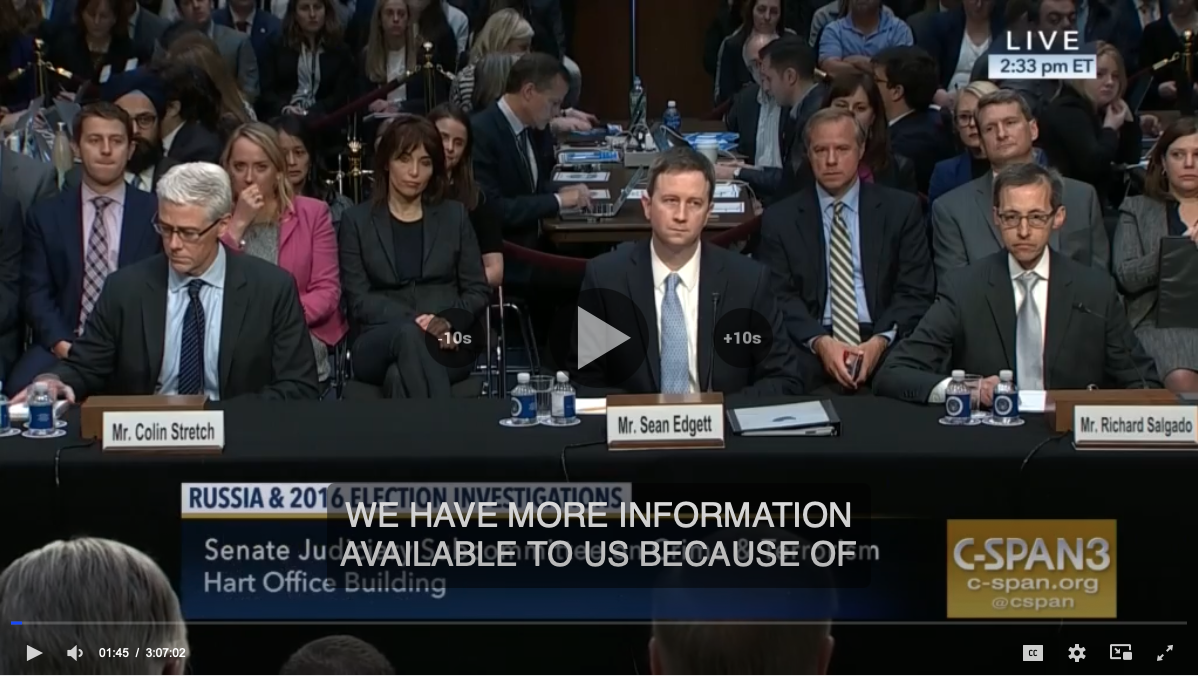
|
|
Techonomy 16
. . . the idea that fake news on Facebook . . . influenced the election in any way I think is a pretty crazy idea
Mark Zuckerberg Techonomy 16, 10th November 2016
Facebook estimates that as many as 126 million Americans on the social media platform came into contact with content manufactured and disseminated by the IRA
Facebook evidence, 30th October 2017
2. Impact on People Function
Revolution
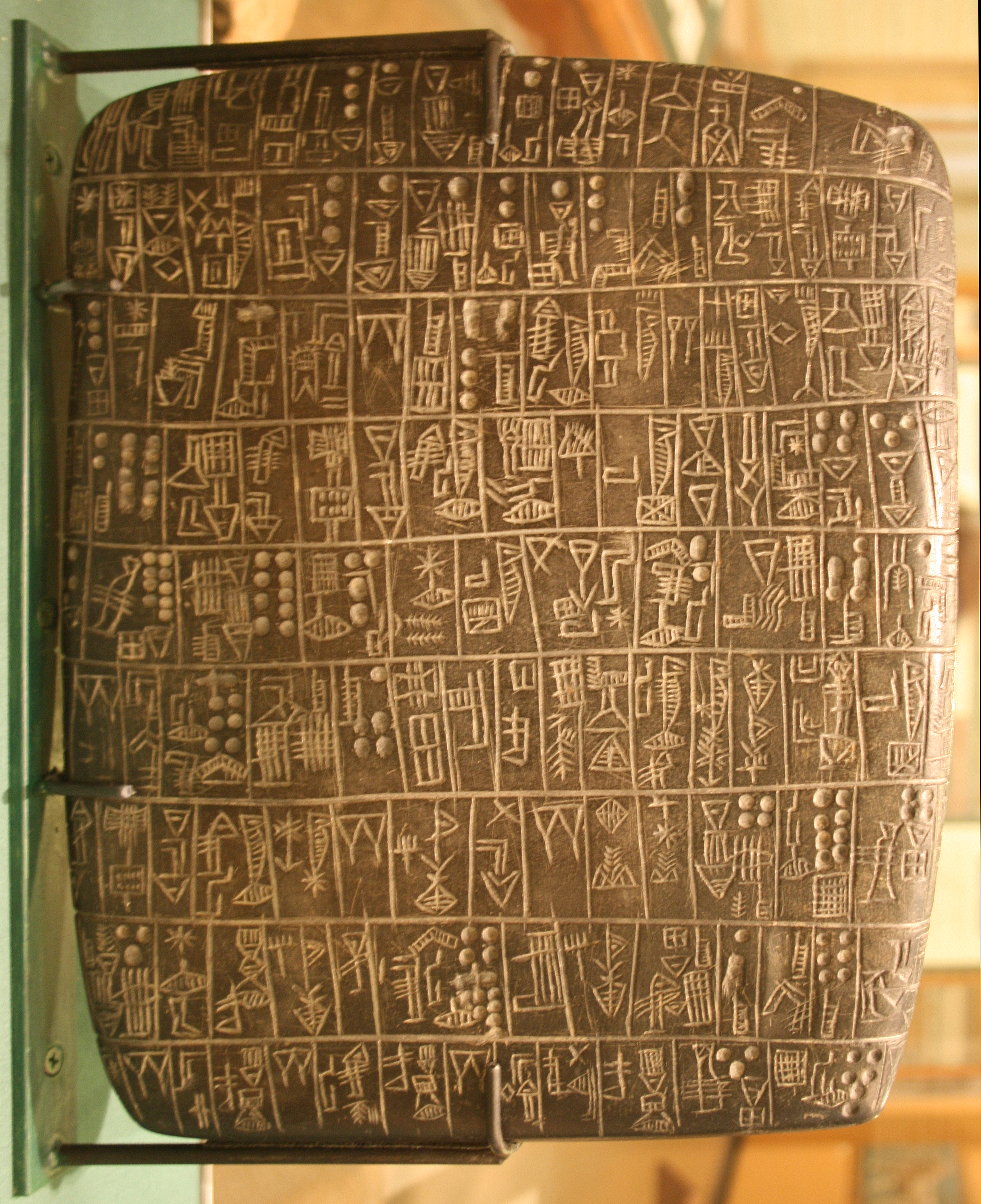
The Future of Professions
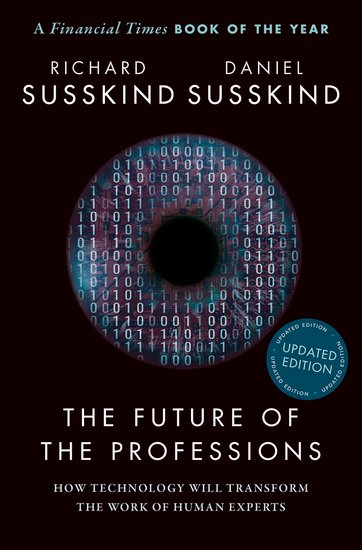
Intellectual Debt
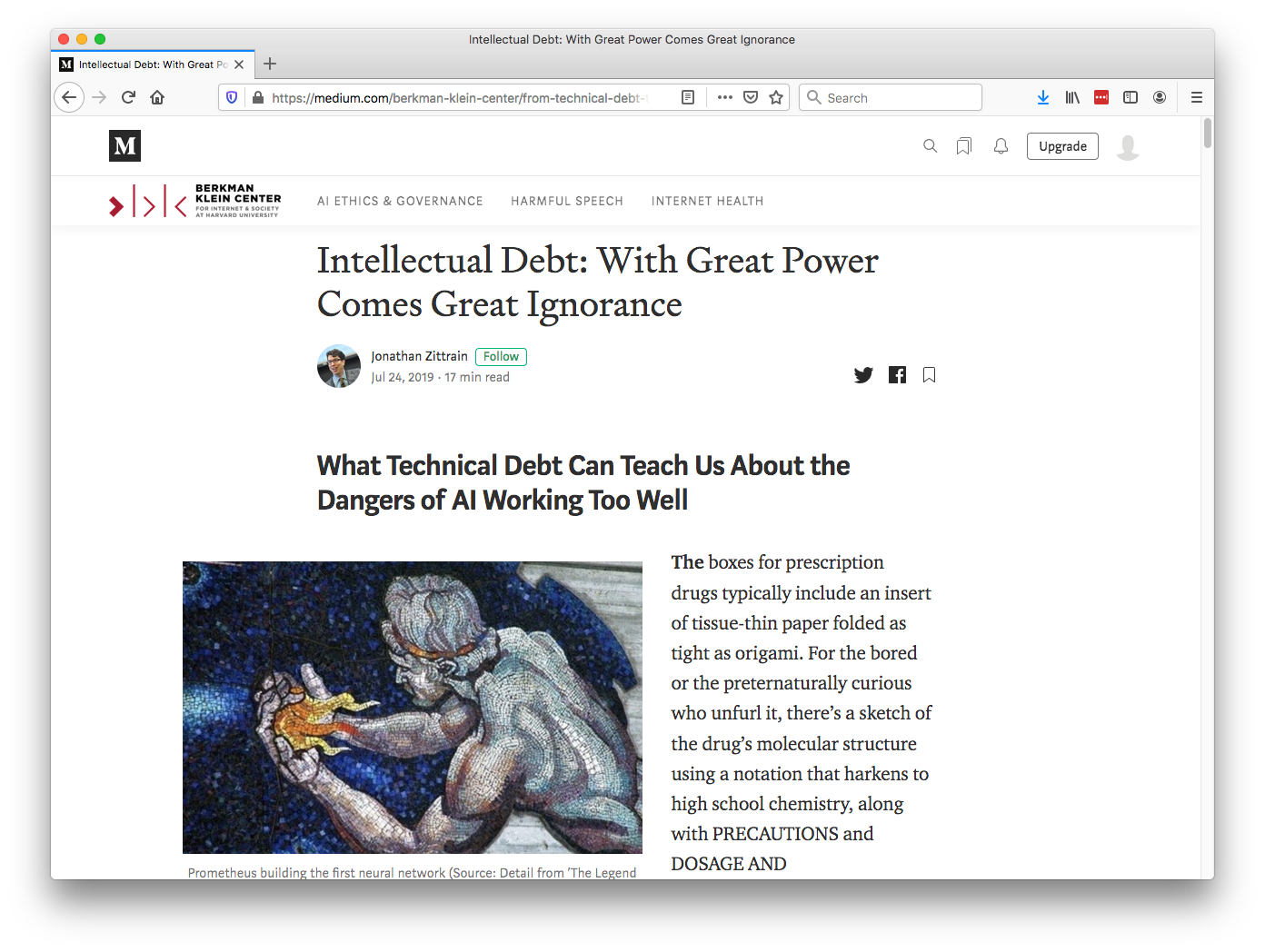
Technical Debt
- Compare with technical debt.
- Highlighted by Sculley et al. (2015).
Separation of Concerns
Intellectual Debt
Technical debt is the inability to maintain your complex software system.
Intellectual debt is the inability to explain your software system.
Coin Pusher

Case Study – Horizon Scandal
The Horizon Scandal
|
|
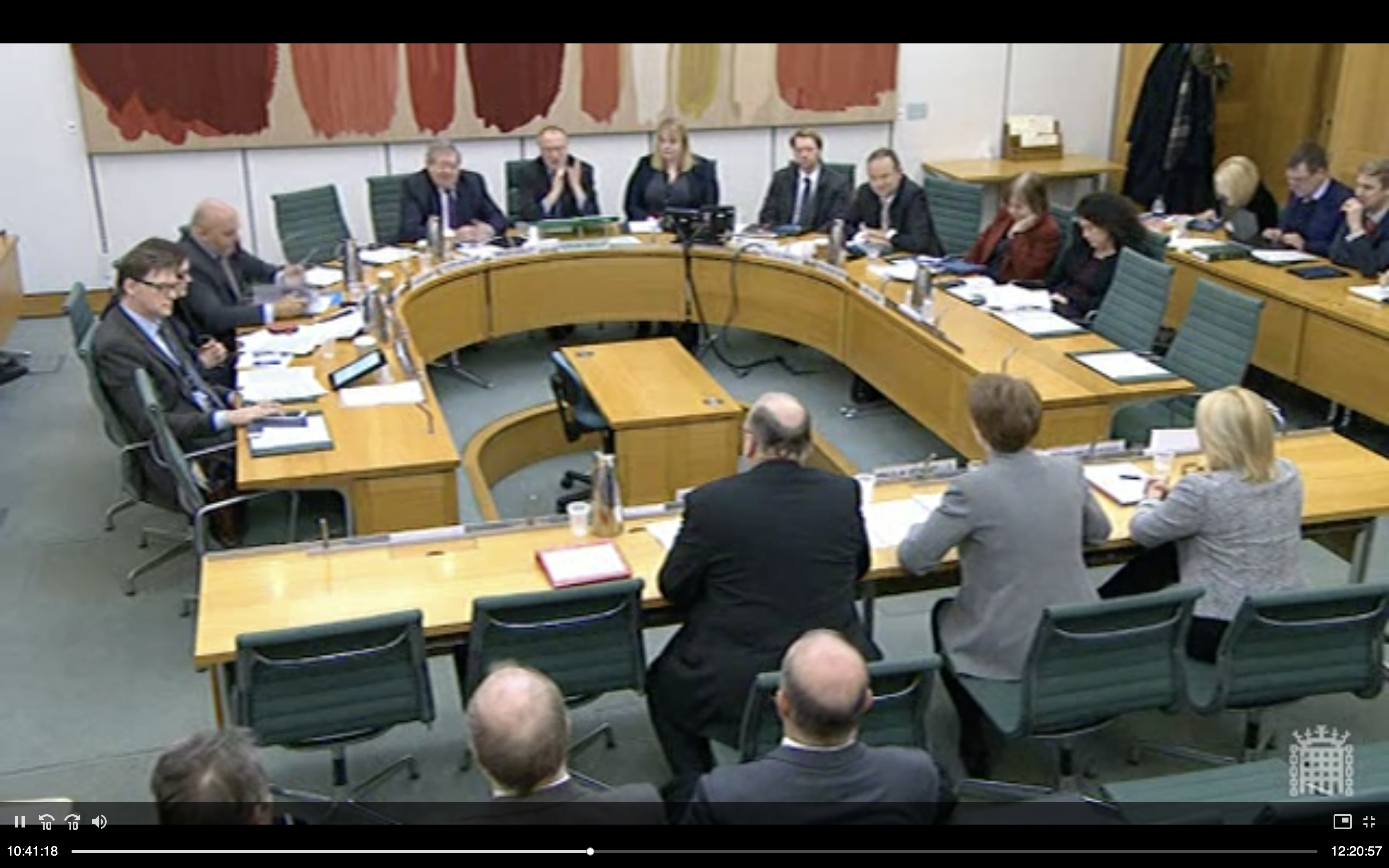
|
|
The Sorcerer’s Apprentice
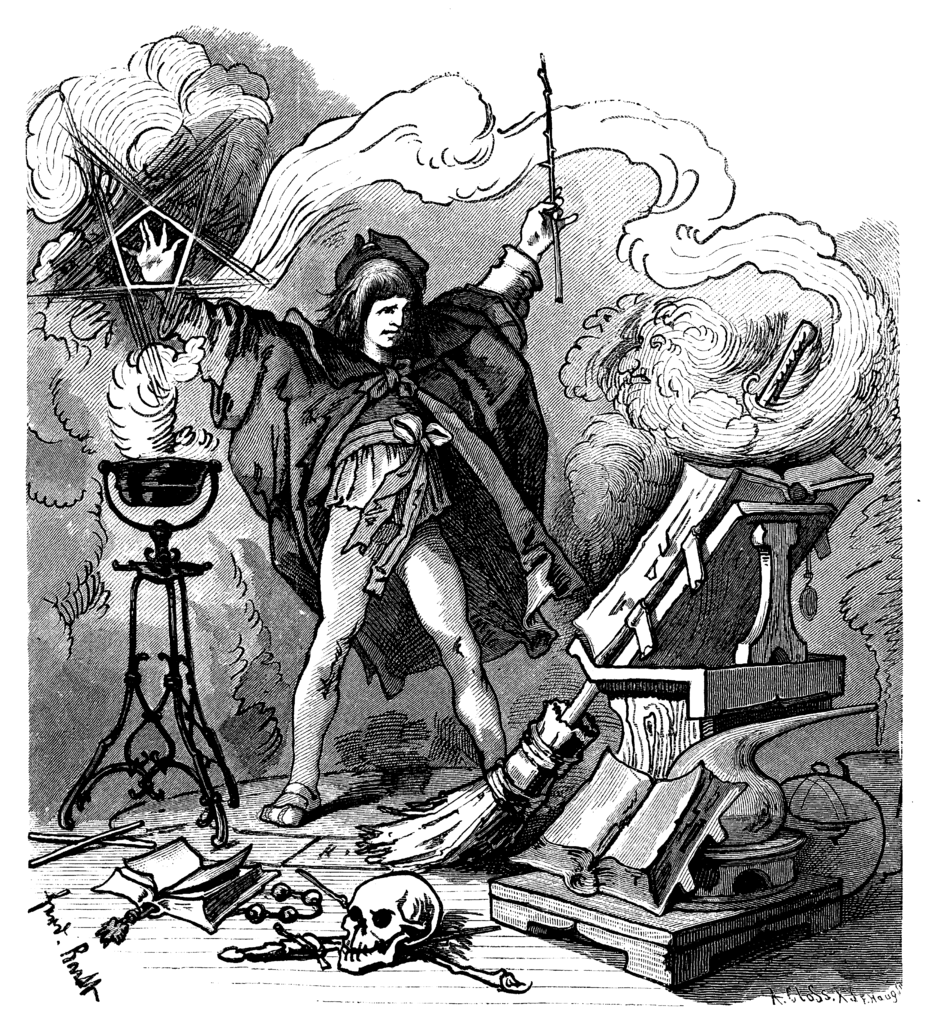
The Open Society and its Enemies
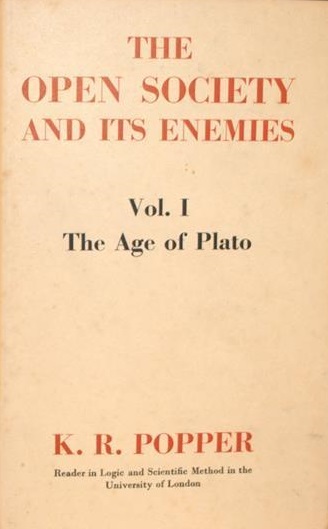
If in this book harsh words are spoken about some of the greatest among the intellectual leaders of mankind, my motive is not, I hope, to belittle them. It springs rather from my conviction that, if our civilization is to survive, we must break with the habit of deference to great men. Great men may make great mistakes; and as the book tries to show, some of the greatest leaders of the past supported the perennial attack on freedom and reason.
3. Tasking: Composition, performance, tracking
Networked Interactions
The Structure of Scientific Revolutions
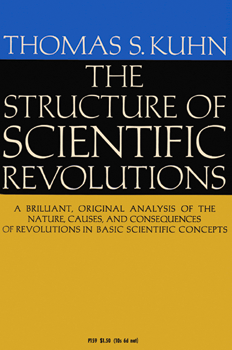
suggests that
The MONIAC
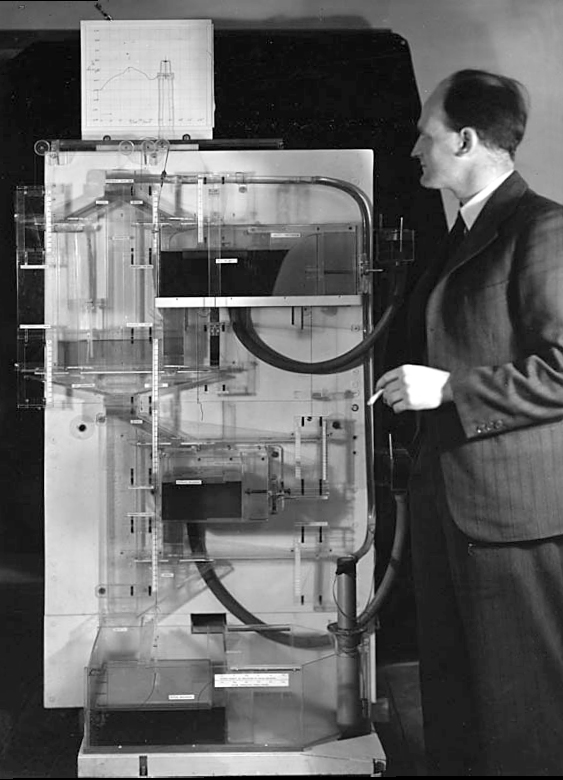
HAM
Human Analogue Machine
A Question of Trust
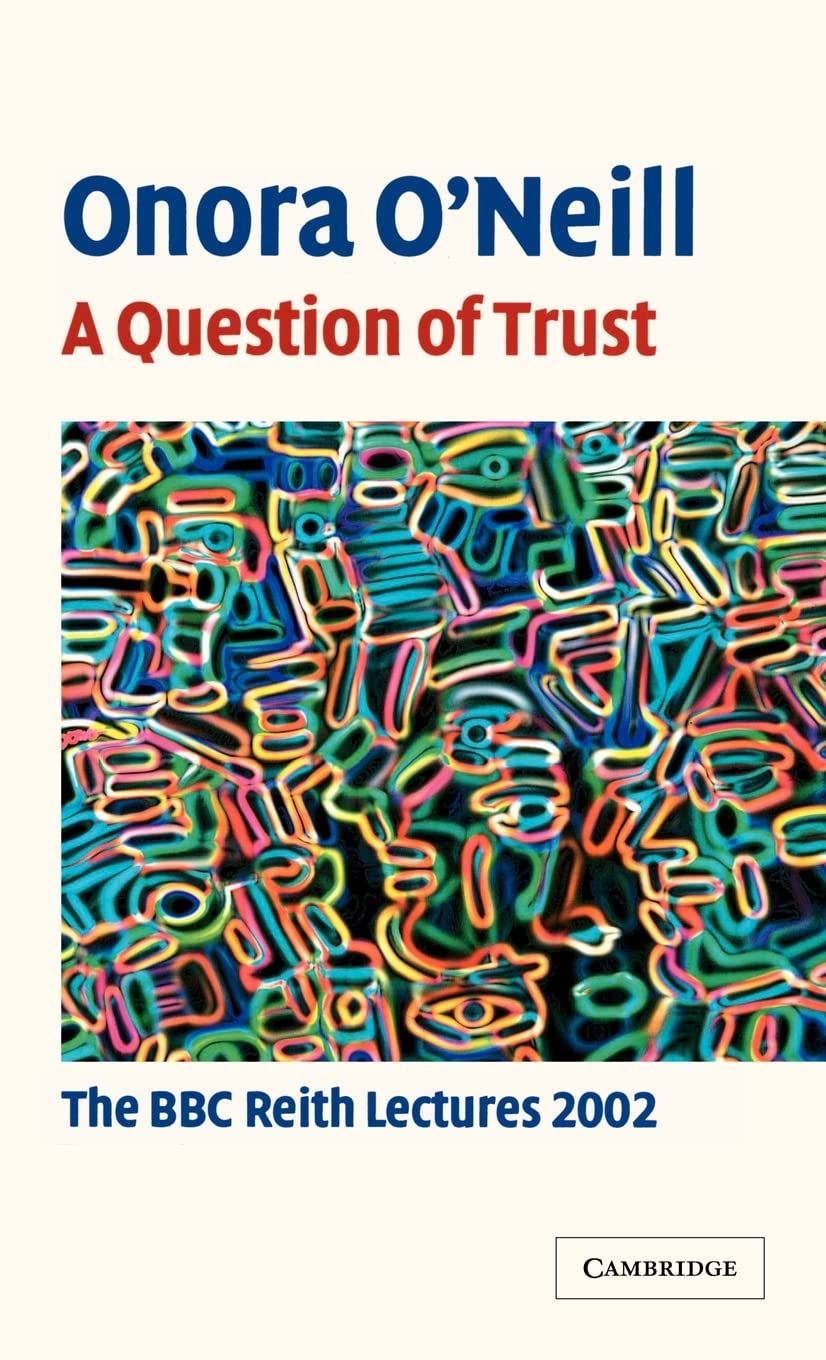
A Question of Trust
Again Univesities are to treat each applicant fairly on the basis of ability and promise, but they are supposed also to admit a socially more representative intake.
There’s no guarantee that the process meets the target.
Onora O’Neill A Question of Trust: Called to Account Reith Lectures 2002 O’Neill (2002)]
Conclusions
- Information revolution, not intelligence
- Capabilities typically designed by developer not deployer.
- Providing opportunities to empower employees, but temptation to treat as automatons
- Intelligent accountability (Baroness O’Neill) will remain vital.
Thanks!
book: The Atomic Human
twitter: @lawrennd
The Atomic Human pages atomic human, the 13 , Le Scaphandre et le papillon (The Diving Bell and the Butterfly) 10–12, Bauby, Jean Dominique 9–11, 18, 90, 99-101, 133, 186, 212–218, 234, 240, 251–257, 318, 368–369, Shannon, Claude 10, 30, 61, 74, 98, 126, 134, 140, 143, 149, 260, 264, 269, 277, 315, 358, 363, embodiment factor 13, 29, 35, 79, 87, 105, 197, 216-217, 249, 269, 353, 369, Michelangelo, The Creation of Adam 7-9, 31, 91, 105–106, 121, 153, 206, 216, 350, baby shoes 368, Cambridge Analytica 371, Zuckerberg, Mark; Techonomy 16 and 79-80, Facebook; US Senate Intelligence Commitee and 80, Facebook 1-5, 15, 24, 55, 69-71, 77-78, 80-87, 100-102, 107, 114, 140, 229, 234-236, 302, 322, 349, 365, 371-373, cuneiform 337, 360, 390, intellectual debt 84, 85, 349, 365, separation of concerns 84-85, 103, 109, 199, 284, 371, intellectual debt 84-85, 349, 365, 376, Horizon scandal 371, sorcerer’s apprentice 371-374, Popper, Karl The Open Society and its Enemies 371–374, MONIAC 232-233, 266, 343, human-analogue machine (HAMs) 343-347, 359-359, 365-368.
podcast: The Talking Machines
newspaper: Guardian Profile Page
blog posts: